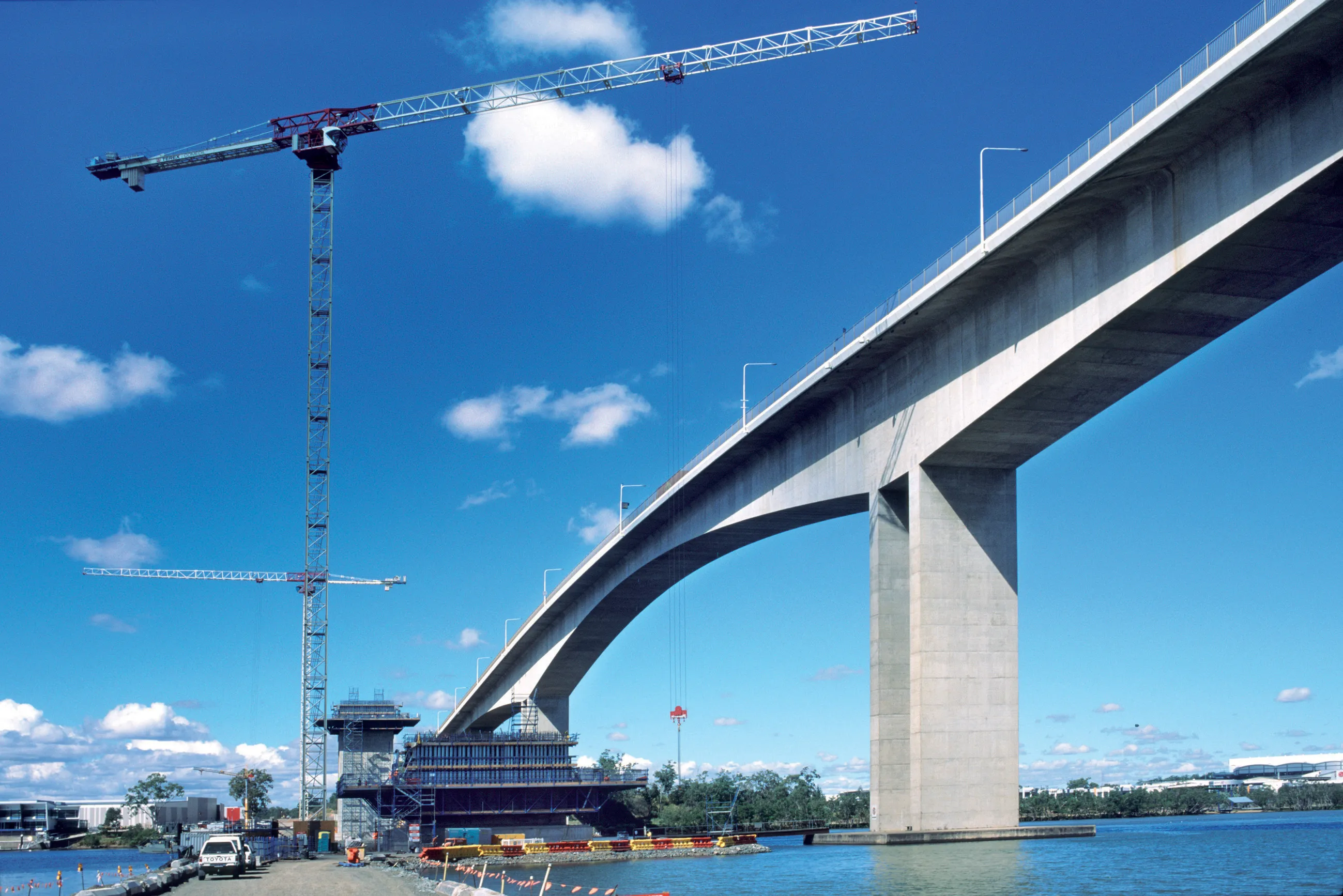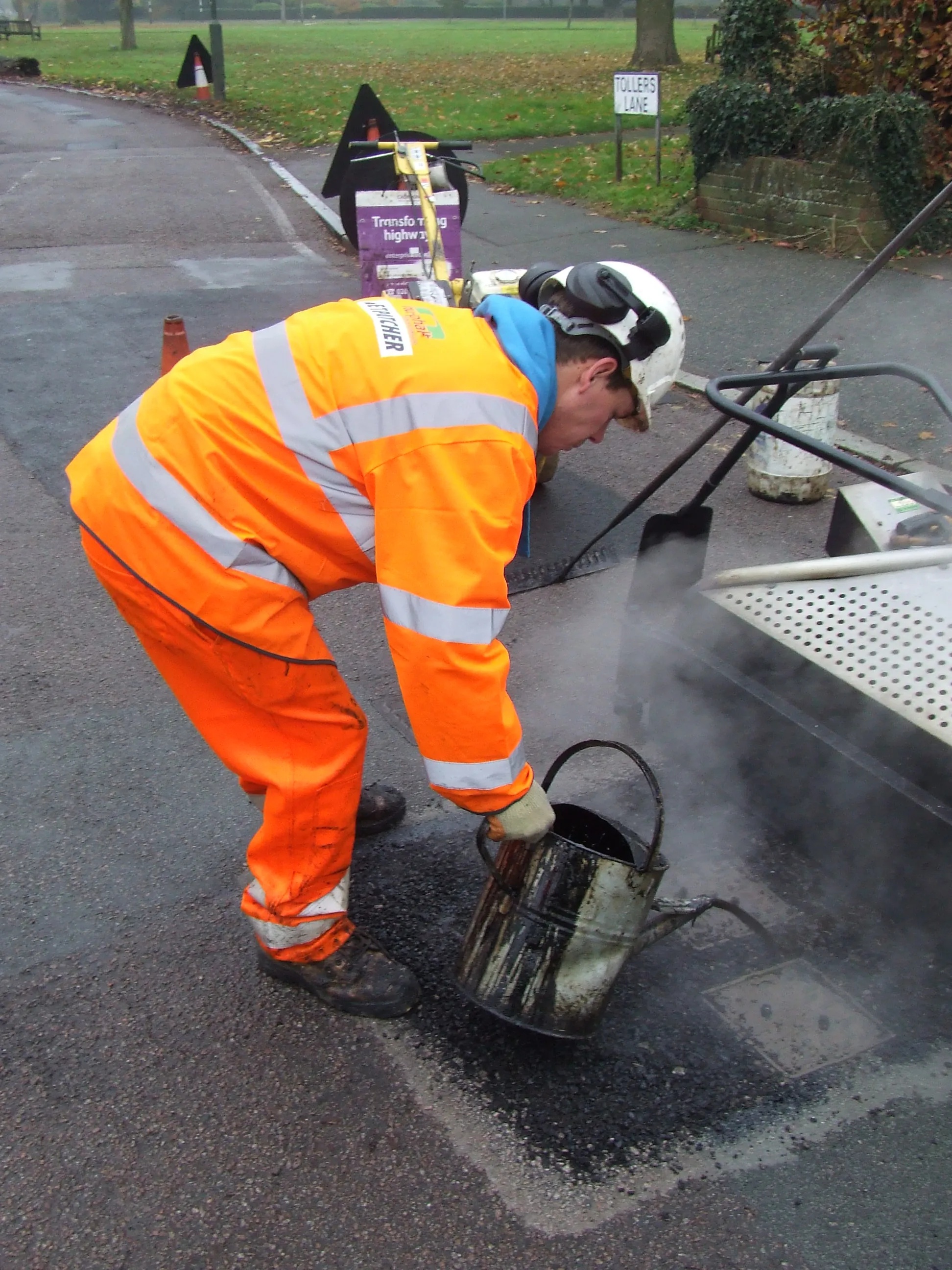A huge infrastructure programme is being planned at present for the Australian state of Queensland
With an annual growth rate of around 3.2%, Queensland is the fastest growing state in Australia and has been for over a decade. The State attracts an average of 1,500 new permanent residents each week, 1,000 of whom move to the South East corner.Strong and sustained growth presents a number of significant challenges in terms of developing and delivering an appropriate roads and transport infrastructure network.
The Queensland Government has recognised the role that high quality roads and transport infrastructure will play in the growth of the State. In partnership with local and federal governments, the Queensland Government has developed possibly the largest package of capital works ever seen in Australia. Together with an array of projects throughout rural and regional Queensland, the State has also launched a separate multibillion dollar transport infrastructure development plan for South-East Queensland.
First launched by the Queensland Government in 2005, the South East Queensland Infrastructure Plan and Programme (SEQIPP) outlines the priorities and timing for major infrastructure development throughout South- East Queensland over the next 20 years. In total, SEQIPP envisages an investment in infrastructure of some A$66 billion over the next 20 years. This spend includes almost A$28 billion in roads and public transport projects, and a further A$90 million to investigate another possible A$14 billion worth of road and public transport projects. Major projects currently underway include the A$543 million Tugun Bypass; the Inner Northern Busway (A$2 billion); and the duplication of Brisbane's famous Gateway Bridge and associated major roadworks (A$1.88 billion).
Together with this massive funding commitment for roads and transport related projects, SEQIPP also incorporates a multi-billion dollar commitment to associated infrastructure needs.
Main Roads' massive programme is not just limited to South-East Queensland. Over A$700 million of works is planned throughout rural and regional Queensland in 2006/07 alone.
Main Roads is also undertaking A$350 million for bridge renewals, upgrading or replacing over 100 old structures across the regional road network.
However, according to Neil Doyle of Queensland's Department of Main Roads, there are particular problems in getting companies to bid for work in some regional areas. This huge infrastructure development program is being hampered by the significant resource and skills shortage that exists throughout Australia. "Our challenge is that we're not just seeking engineers, we're seeking skilled tradespeople too," Mr Doyle said.Roads Alliance is an award-winner
The new, innovative approach to public sector road management won the programme management category of the 2005 IRF Global Road Achievement Awards.
With increasingly complex infrastructure providing challenges beyond any one level of government or organisation's ability to address, The Department Main Roads & Local Government Association of Queensland created an innovative, new approach to address these complex challenges: they created The Roads Alliance (World Highways January/February 2006).
According to the IRF report, the alliance is a strategic partnership of Regional Road Groups (RRGs) cooperatively that manage the road network, regardless of ownership. RRGs collaboratively prioritise road projects and produce a regional roads programme to deliver the economic and social needs of communities and industry.
Based on a strong partnership between Queensland state and local governments, The Roads Alliance effectively addresses the funding, capability and asset management demands of managing an agreed road network of 32,000km. The Alliance has developed better relationships, better capabilities, better performances and a total transport system view.
At the time of the award, Paul Lucas, Queensland's Main Roads Minister, said he was pleased that The Roads Alliance willingness to seek out innovative ways to manage the total road system was awarded IRF's top honour.
"For the Roads Alliance project to win the programme management category of this international award reinforces our belief that we can achieve much more with taxpayers' dollars by improving consistency and capability in road management systems and entrusting local mayors as a group to make local choices."
It is clear that one of the key challenges Queensland's Department of Main Roads faces is helping build industry capacity while simultaneously building its own workforce capability. The Department is currently seeking engineers, planners, surveyors, environmental scientists, road designers, structural designers, geologists, landscape architects, economists, and other qualified professionals, through to qualified skilled tradespeople and semiskilled workers.
Main Roads is addressing these issues head-on through a combination of innovative and flexible contracting methods, better use of private sector and local government capacity, industry based skills upgrades, attracting interstate and international roads and civil engineering expertise to Queensland and the professional development of its workforce.
Significant emphasis has been placed on improving workflows and co-operation by building partnerships with both the private and public sector. An alliance has been established with the Local Government Association of Queensland. This partnership provides an additional A$25 million/year for targeted road funding and allows for a more efficient use of resources. Better use of local government resources and capacity is a key strategy being pursued in consultation with local governments.
From a private sector perspective, more efficient and innovative project delivery models are being considered, such as alliance contracting to streamline the development and delivery of projects. Following proven success in the UK, the early contractor involvement system has been introduced to attract interstate and international roads and engineering expertise to fill industry skills shortages.
While the key focus is on the Australian labour market, Main Roads is drawing on international talent pools to attract a larger volume of suitably qualified candidates. Australia is already recruiting engineers from a number of countries including the UK, Germany, Africa and the Netherlands, but the supply of engineers and other construction industry workers is still not sufficient.
Skills shortages are being addressed by implementing several recruitment initiatives and staff retention strategies. These include integrated programmes of cadetships, apprenticeships, and traineeships are designed to attract students to a range of key technical disciplines. Graduates are also being targeted through scholarship and graduate programmes.
The work life balance should be good with a combination of flexible workplace conditions and lifestyle benefits (including flexible work hours and job-sharing arrangements) on offer. In addition, competitive remuneration packages have been added to its total employment package to attract potential employees.
Delivering the roads and transport infrastructure required to meet the needs of the State's growing population and rapidly expanding economy should offer an interesting challenge.








